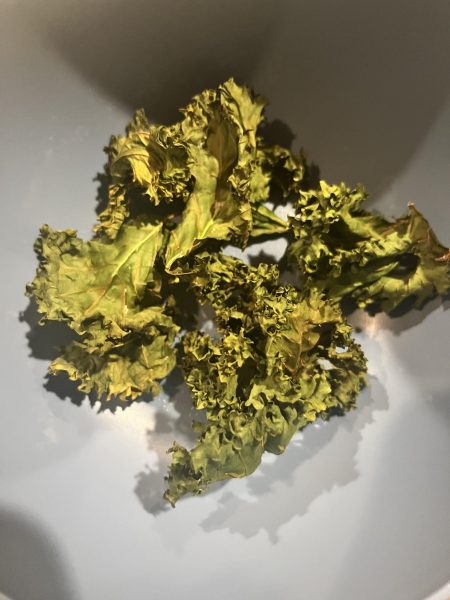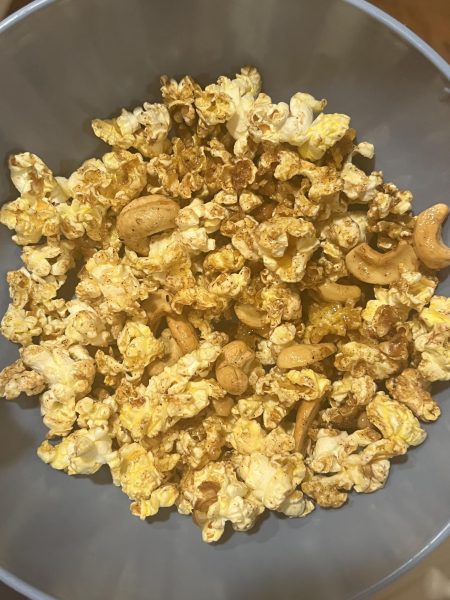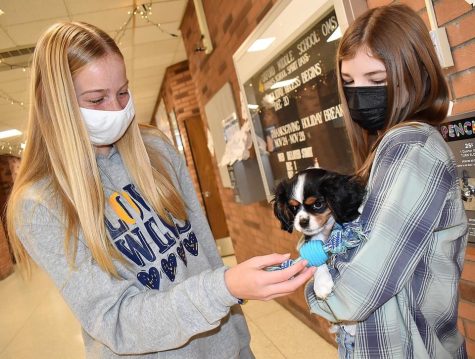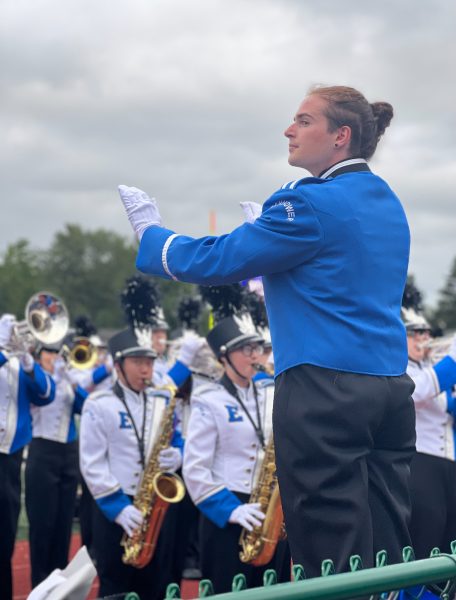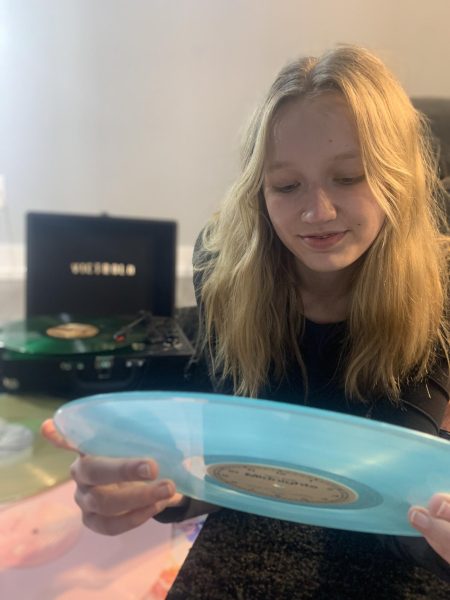Physical activity focus
How physical activity benefits student’s academic performance and why it’s important to keep moving
Physical activity is a way to step out of one’s shell and build confidence; students need to always show confidence in their body no matter the size, but a healthy body is a totally different story.
Given that the brain is responsible for both mental processes and physical actions of the human body, brain health is important across one’s lifespan. Children respond faster and with greater accuracy to a variety of cognitive tasks after participating in a session of physical activity, according to the National Academy of Sciences.
Physical activity shows an impact on cognitive skills, attitudes and academic behavior, occasionally all of which are important components of improved academic performance. These include enhanced concentration and attention as well as improved classroom behavior.
Exercise directly impacts the behavior and development of the brain, according to Charles Basch of Columbia University. Physical inactivity eventually leads to energy imbalance, which creates risks of obesity. Less than one-quarter of children six to 17 years of age participate in 60 minutes of physical activity every day, according to the Division of Population Health (DPH).
Students, depending on their drive to do things, usually end up doing something else that seems more exciting than what they need to do to stay healthy. Some ideas that help students stay healthy and that are exciting include: dance fitness workouts, going to the gym with some friends or walks/runs with groups.
Although academic performance stems from a complex interaction between intellect and contextual variables, health is a vital moderating factor in a child’s ability to learn, according to the DPH. The idea that healthy children learn better is analytically supported and well accepted; multiple studies confirmed health benefits show that they’re associated with physical activity—including: cardiovascular and muscular fitness, bone health and psychosocial outcomes—according to the National Academy of Sciences.
Students need to stand up for themselves by taking care of their bodies; they only get one body and one life to live in it. If they don’t stay healthy, they end up leading themselves to a place where they can’t get out of.
Your donation will support the student journalists of Eisenhower High School. Your contribution will allow us to purchase equipment and cover our annual website hosting costs.




![Dance the night away. After winning first place for both the jazz and pom category, junior Aubrey Bowen celebrates her win with the junior varsity team. “She [Bowen] loves the team, and involves herself in lots of team bonding events,” Bowen’s Mom, Mellisa Mulville-Bowen said. Occasionally, Bowen hosted the teams bonding events and offered anything possible for her teams success.](https://ikenews.com/wp-content/uploads/2023/11/IMG_8502-450x600.jpg)

